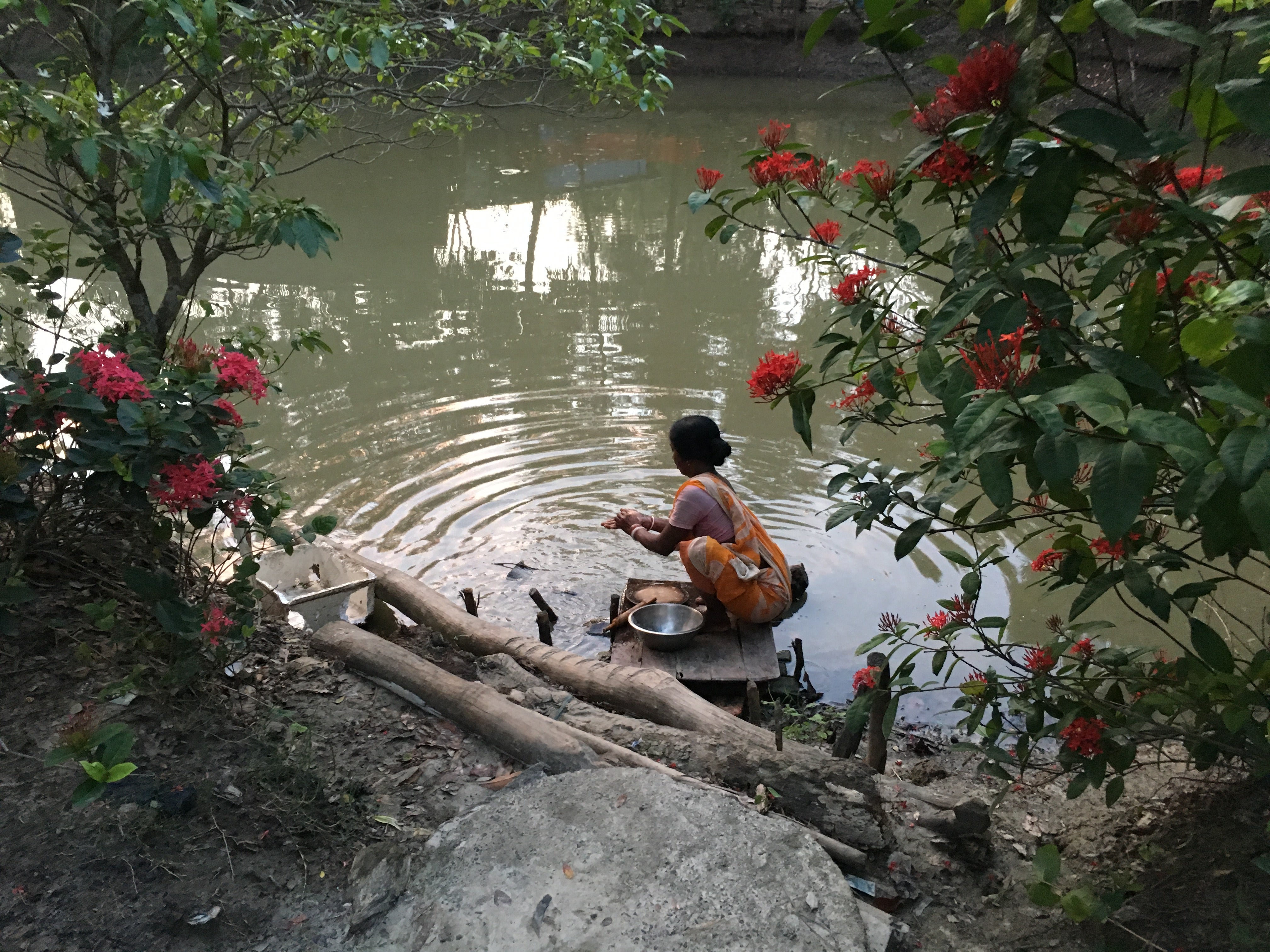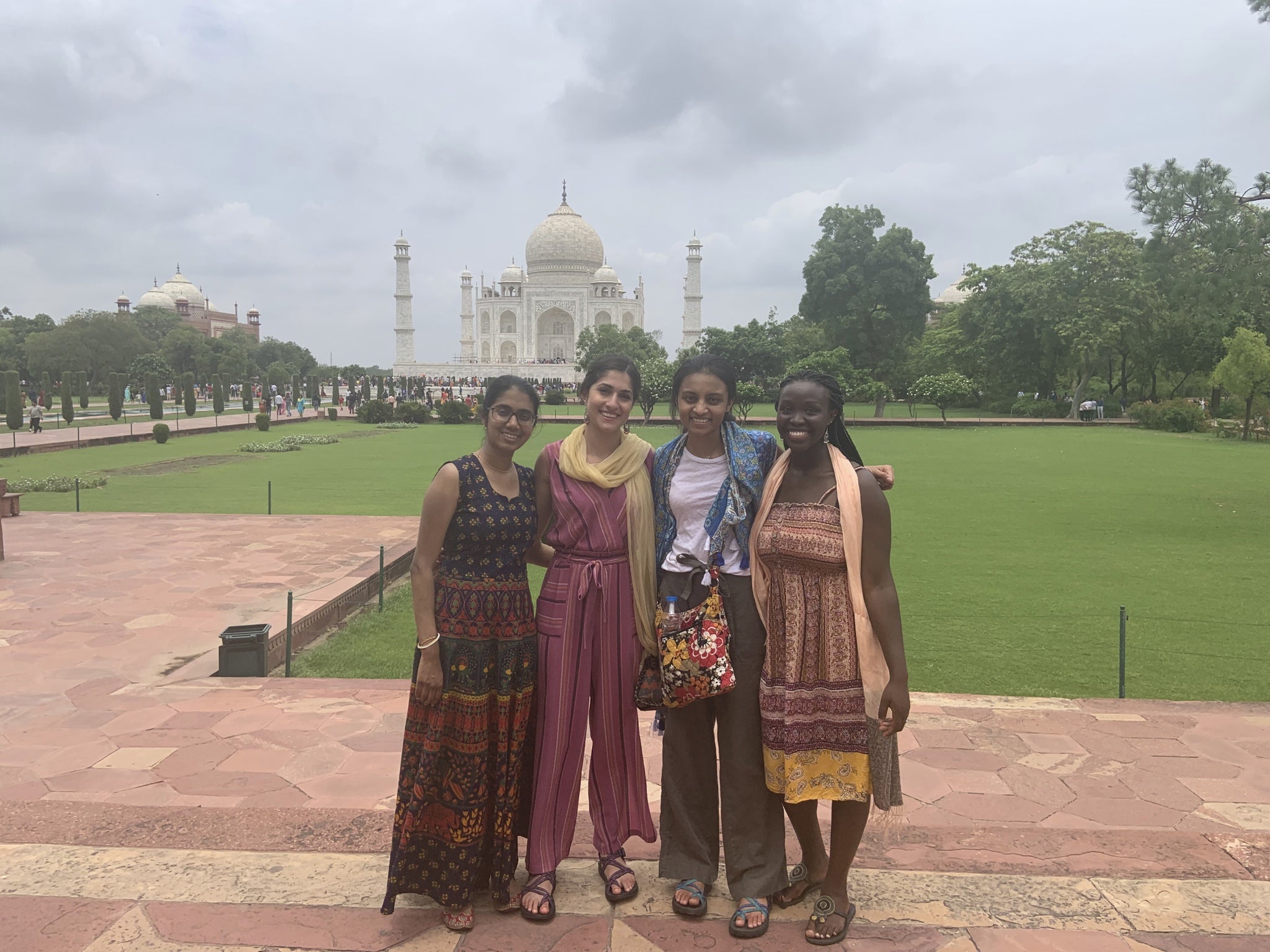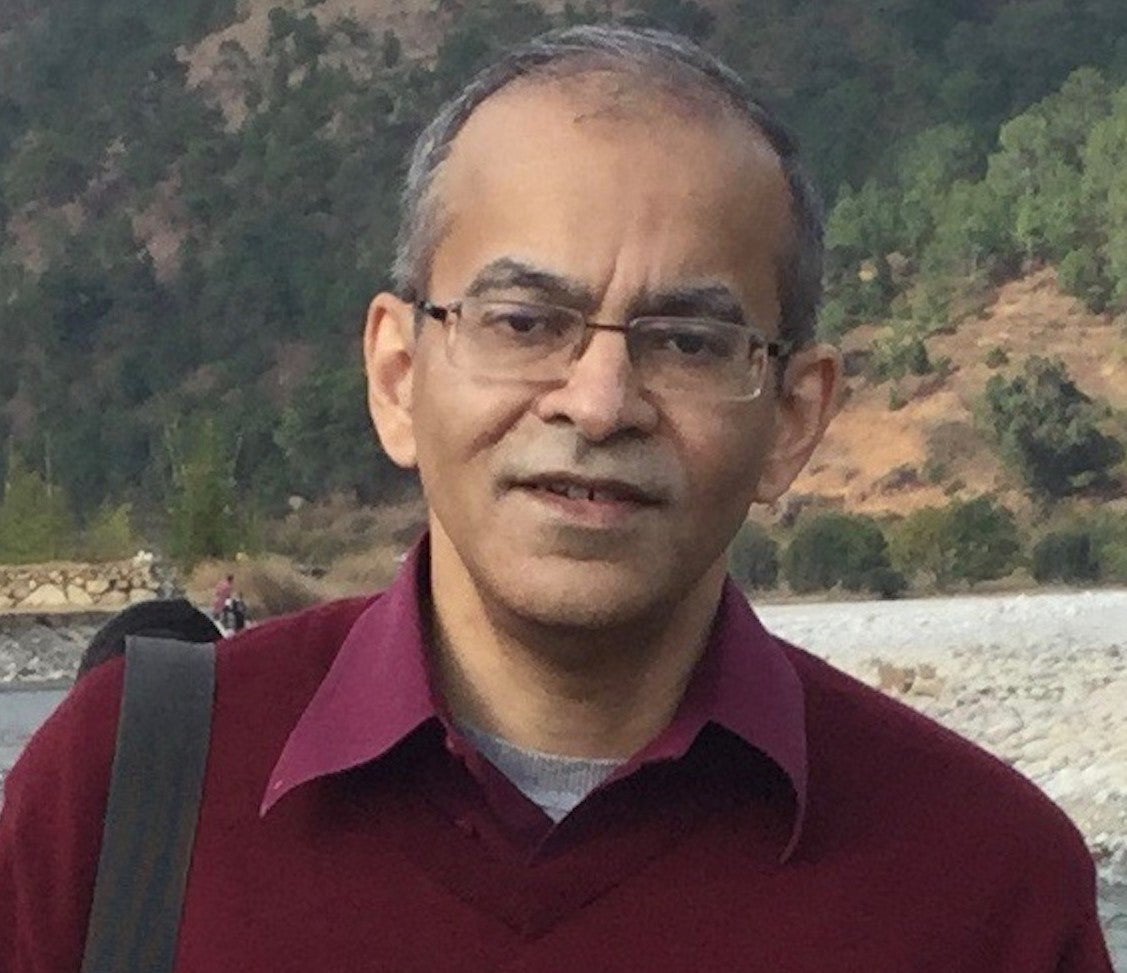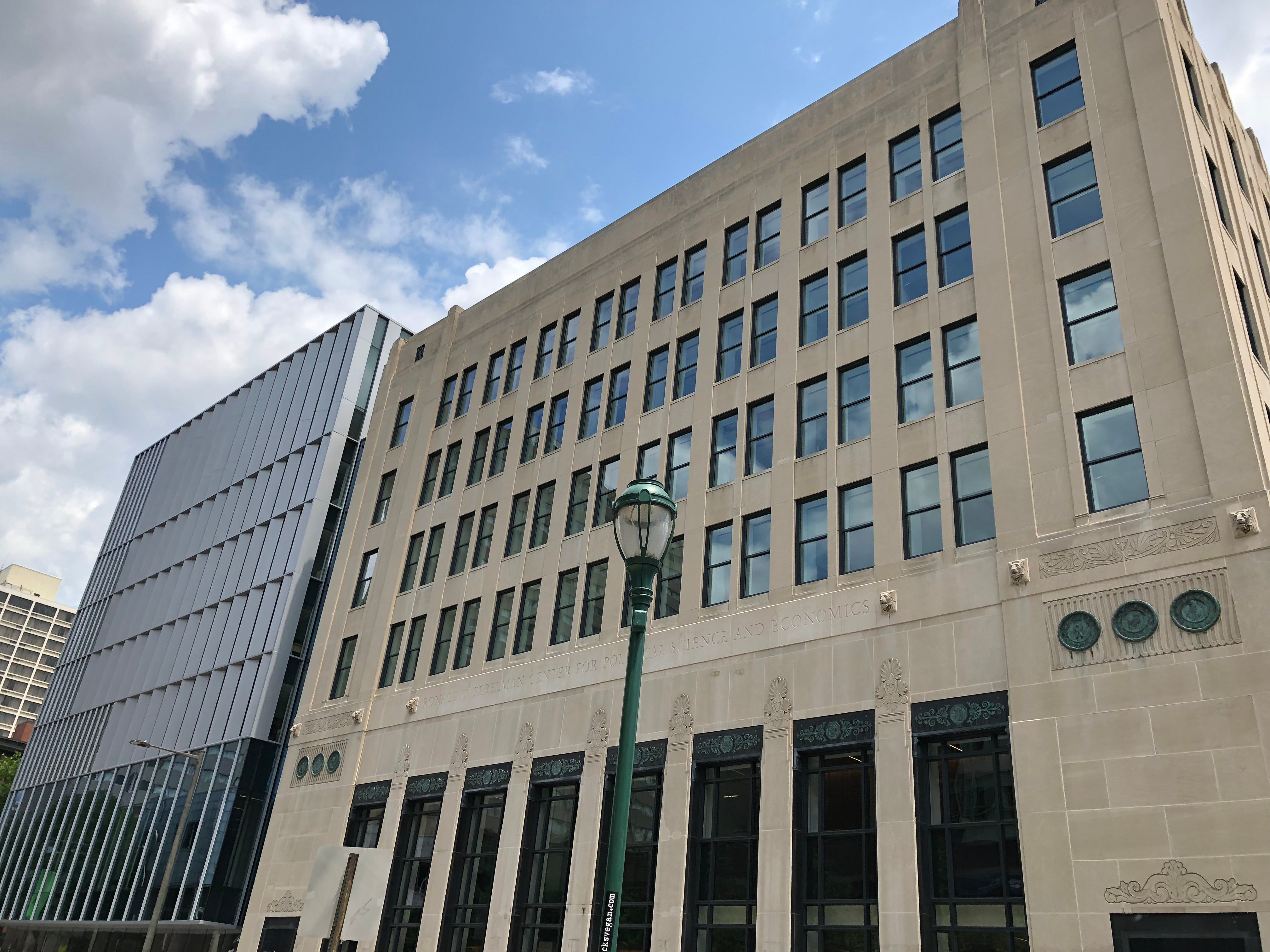News from CASI

Who Really Benefits from the Kosi-Mechi Interlinking Project?
 Avli Verma
Avli Verma
April 11, 2022
In the latest issue of India in Transition, Avli Verma (Researcher, Manthan Adhyayan Kendra) discusses the incongruity of transferring water during the monsoon period in India's Kosi-Mechi Intrastate River Interlinking project, and identifies key gaps in the project's Impact Assessment.
This is the fourth and final article in a set of guest-edited IiT short series. The articles in this series seek to make sense of India’s multi-scalar response to climate crisis in four distinct ecological regions. India’s first-ever climate change assessment report, published in 2020, found that the intensity of droughts increased between 1951 to 2016 and that water stress, due to both flooding and loss of ground water, has exponentially risen over the previous decades. There is increasing pressure at the state and local municipal levels to come up with mitigation plans coupled with increasing global pressure on India to declare a zero-emission target. At the same time, on the ground-level, political, communal, and ethnic violence has increased in areas that are increasingly “disaster”-prone. This series will map how the effects of extreme weather are manifesting themselves as market-oriented transformations of the agrarian and forest economies, leading to various kinds of ethnic fissures and political violence around the question of land in the Ganga Brahmaputra region.
(Guest Editor: Debjani Bhattacharyya, History Department, University of Zürich)
Penn Global Grant to Support New CASI Research
 As part of a venture to fund 21 new Penn faculty-led research and engagement projects, Penn Global and the Penn India Research and Engagement Fund will be supporting "Understanding India’s Urban Future." With India expected to add 416 million people to its cities by 2050, this project, led by CASI Director Tariq Thachil, will examine governance and development challenges in India’s vast constellation of small cities. This multi-faceted data collection effort will yield novel insights about electoral politics, state-society relations, and the causes and consequences of weak state capacity in India's numerous yet understudied urban spaces.
As part of a venture to fund 21 new Penn faculty-led research and engagement projects, Penn Global and the Penn India Research and Engagement Fund will be supporting "Understanding India’s Urban Future." With India expected to add 416 million people to its cities by 2050, this project, led by CASI Director Tariq Thachil, will examine governance and development challenges in India’s vast constellation of small cities. This multi-faceted data collection effort will yield novel insights about electoral politics, state-society relations, and the causes and consequences of weak state capacity in India's numerous yet understudied urban spaces.
CASI in the News
 Bilal Baloch (Enquire; CASI Non-Resident Visiting Scholar) was inteviewed by Milan Vaishnav (CEIP; CASI Non-Resident Visiting Scholar) on the Grand Tamasha podcast on April 5, 2022 about "Democracy and Anti-Corruption Protests in India."
Bilal Baloch (Enquire; CASI Non-Resident Visiting Scholar) was inteviewed by Milan Vaishnav (CEIP; CASI Non-Resident Visiting Scholar) on the Grand Tamasha podcast on April 5, 2022 about "Democracy and Anti-Corruption Protests in India."
 Radhika Khosla (Somerville College; University of Oxford; CASI Non-Resident Visiting Scholar) co-authored "The Meaning of Net Zero and How to Get it Right" in the January 2022 issue of Nature Climate Change.
Radhika Khosla (Somerville College; University of Oxford; CASI Non-Resident Visiting Scholar) co-authored "The Meaning of Net Zero and How to Get it Right" in the January 2022 issue of Nature Climate Change.
CASI Student Programs
 Applications for CASI's Sobti Family Fellowship and 2022 Summer Research Funds are CLOSED. Thank you to all who applied!
Applications for CASI's Sobti Family Fellowship and 2022 Summer Research Funds are CLOSED. Thank you to all who applied!
 Subscribe to the CASI Student Programs Blog and read about students' experiences in India!
Subscribe to the CASI Student Programs Blog and read about students' experiences in India!
Questions about CASI Student Programs?Please contact Laura Iwanyk, Assistant Director, CASI Student Programs and Outreach, liwanyk@upenn.edu
2021-22 CASI Virtual Seminar Series April 14, 2022, 12 noon EDT | 9:30pm IST via Zoom
April 14, 2022, 12 noon EDT | 9:30pm IST via Zoom
"The Cold War’s Long Shadow: Indian Foreign Policy and the Current State of Play of Indo-Pacific Geopolitics"
[Register]
CASI / South Asia Center / Center for the Study of Contemporary China / Perry World House Seminar with CASI Spring 2022 Visiting Fellow Swagato Ganguly (The Times of India)
Event Videos:
April 7, 2022: CASI Seminar "Words Matter: Gender, Jobs, and Applicant Behavior" with Kanika Mahajan (Ashoka University) FULL VIDEO
 March 31, 2022: CASI Book Talk "Cultivating Democracy: Politics and Citizenship in Agrarian India" with Mukulika Banerjee (LSE) FULL VIDEO
March 31, 2022: CASI Book Talk "Cultivating Democracy: Politics and Citizenship in Agrarian India" with Mukulika Banerjee (LSE) FULL VIDEO
VIEW VIDEOS of more CASI past events—Transcripts, English captions, Hindi subtitles available on select events
Campus Location
 CASI's office is located close to the heart of Penn's campus at the Ronald O. Perelman Center for Political Science & Economics at 133 South 36th Street (Suite 230) Philadelphia, PA 19104-6215.
CASI's office is located close to the heart of Penn's campus at the Ronald O. Perelman Center for Political Science & Economics at 133 South 36th Street (Suite 230) Philadelphia, PA 19104-6215.
Please note: Due to the COVID-19 pandemic, CASI is operating on a hybrid schedule.
